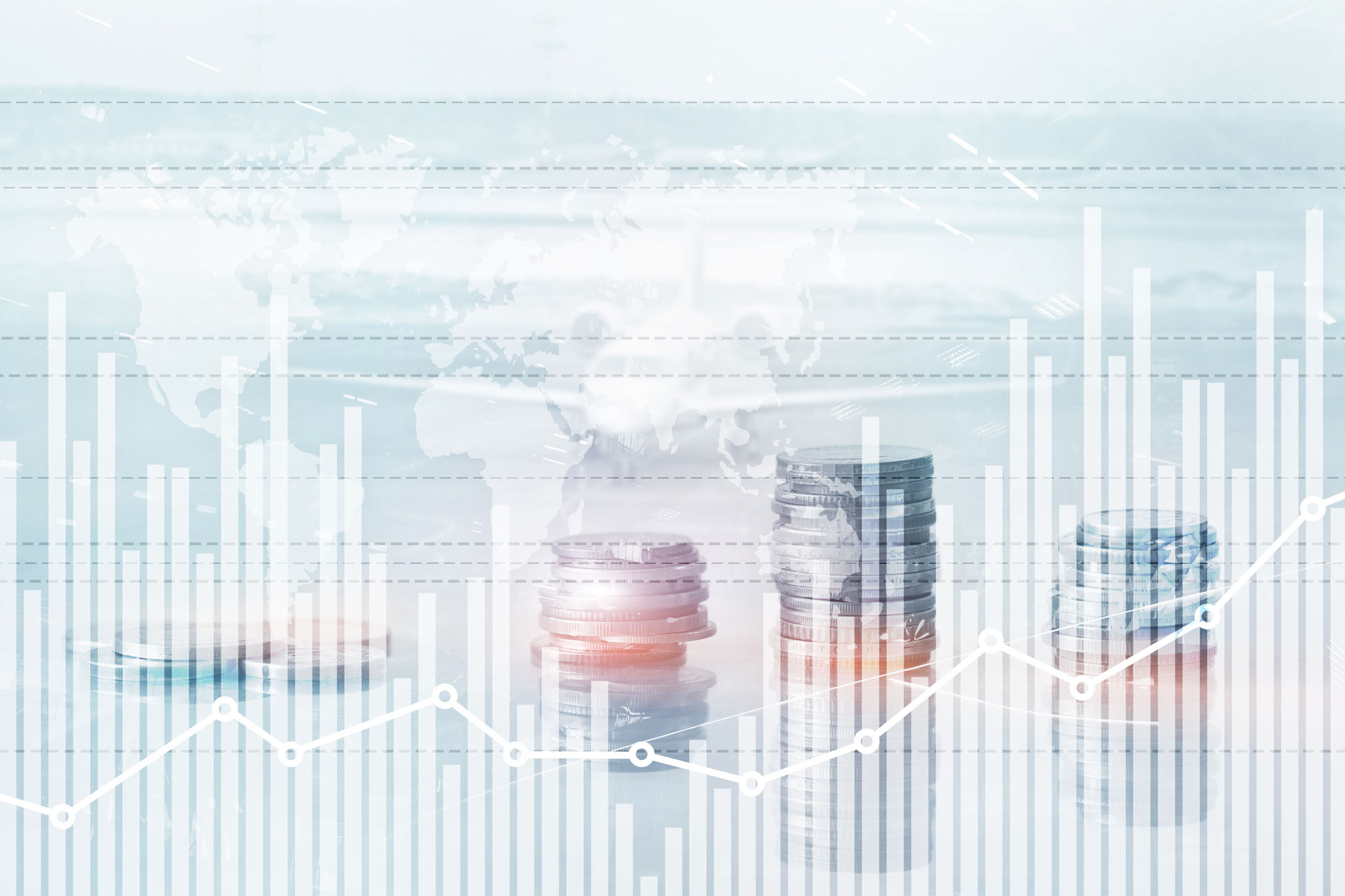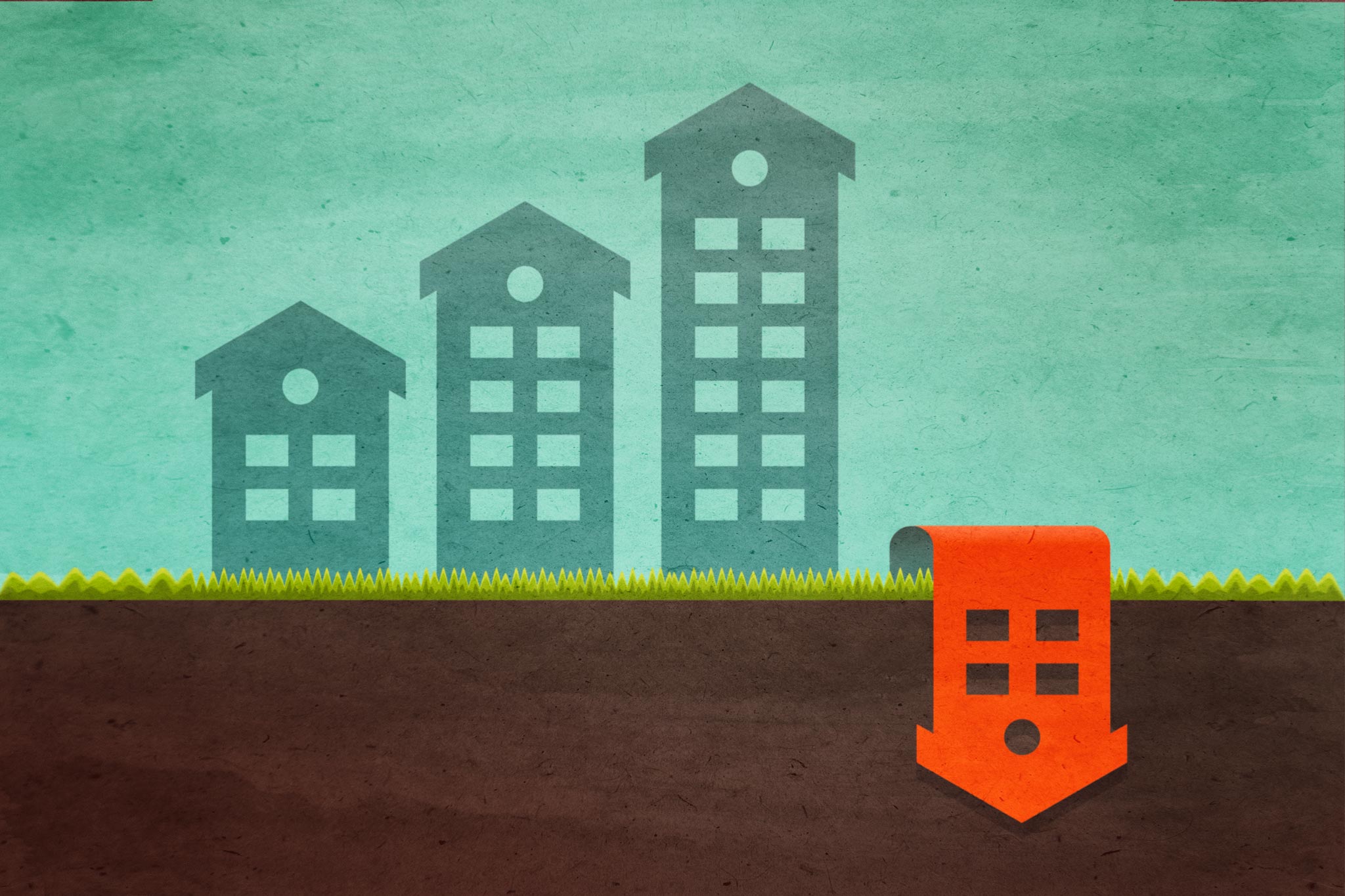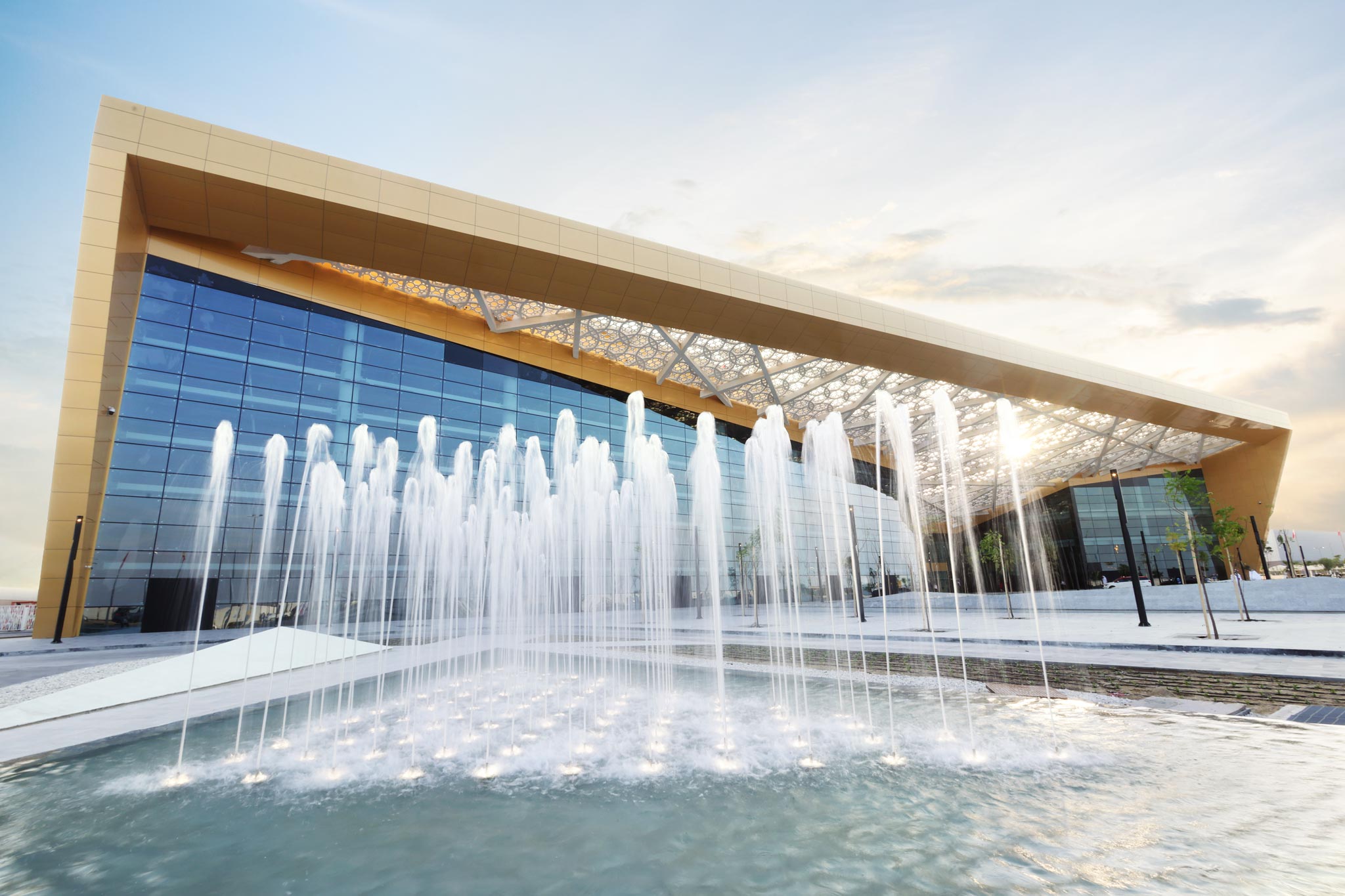According to the latest 2022 GBTA Business Travel Index Outlook, Annual Global Report and Forecast (BTI), the global business travel industry continues its progress towards full recovery to 2019 prepandemic spending levels of $1.4 trillion. But recovery has hit some headwinds. While Covid-related recovery conditions have improved, many macroeconomic conditions deteriorated rapidly in early 2022. These new developments are impacting the timing, trajectory and pace of business travel’s recovery globally and by region, pushing the forecast for full recovery into 2026 instead of 2024 as previously forecasted.
Unveiled at the 2022 GBTA Convention in San Diego, the GBTA BTI is an annual exhaustive study of business travel spending and growth covering 73 countries and 44 industries. Now in its 14th edition, this latest report outlines the top-level outlook for global business travel from 2022 to 2026. The previous BTI released in November 2021 predicted a surge in global business travel spending in 2022, reaching full recovery to the $1.4 trillion prepandemic mark by 2024.
Suzanne Neufang, CEO, GBTA: “To understand the headwinds that have been impacting a more accelerated recovery for global business travel, all you have to do is look at the news headlines since the beginning of 2022. The factors impacting many industries worldwide are also anticipated to impact global business travel recovery into 2025. The forecasted result is we’ll get close, but we won’t reach and exceed 2019’s prepandemic levels until 2026.”
The 2022 BTI also reveals insights from GBTA’s recent surveys of global finance executives and business travellers. Additionally, it explores new and transformative factors in international business travel in sustainability, workforce dynamics (including remote work and blended travel or ‘bleisure’), and technology adoption. According to the latest BTI Outlook, total spending on global business travel reached $697 billion in 2021, 5.5 per cent above the pandemic-era low of 2020.
Last year was nearly as challenging as 2020 for the global business travel industry, as it sought to carve out a “normal” following the Covid-19 pandemic. The sector gained back roughly $36 billion of the $770 billion lost in 2020. Recovery was short-circuited by the Omicron variant and the spike in global Covid cases in late 2021 and early 2022. As case numbers began to retreat, business travel surged. Global business travel spending in 2022 is expected to advance 34 per cent over 2021 levels to $933 billion, recovering to 65 per cent of prepandemic levels.
Recovery in 2022 was dependent upon and has been primarily driven by improvement in the four factors of global business travel recovery. The global vaccination effort, national travel policies, business traveller sentiment, and travel management policy, where conditions have improved significantly in the last six months. However, deteriorating economic conditions and shifting secular trends in 2022 have slowed global recovery. Hence, international business travel will almost reach prepandemic levels in 2025, reaching $1.39 trillion.
“Persistent inflation is the biggest obstacle to accelerated global business travel recovery”
Global spending is not expected to go back to the 1.4 trillion dollar mark until mid-2026, when it is forecast to reach 1.47 trillion dollars. It adds an estimated 18 months to the industry’s recovery than was forecast in the previous GBTA Business Travel Index released in November 2021. The 2022 BTI finds that persistent inflation is the biggest obstacle to accelerated global business travel recovery. For example, high energy prices, severe supply chain challenges and labour shortages, a significant economic slowdown and lockdowns in China, major regional impacts due to the war in Ukraine, and emerging sustainability considerations.
Overall, global business travel spending is expected to gain 33.8 per cent in 2022. However, differences are anticipated across the world’s top business travel markets. The timing and pace of the recovery will continue to vary significantly from one region of the world to the next, as evidenced in 2021. North America’s recovery in 2021 was driven mainly by rapidly returning domestic travel. Western Europe was the region that saw spending declines last year as Covid-19 impacted its domestic and regional business travel market. Both regions are expected to experience the sharpest recoveries with compound annual growth increases of 23.4 per cent (to $363.7 billion) and 16.9 per cent (to $323.9 billion), respectively, by 2026.
The Asia Pacific helped lead the industry in terms of recovery of spending in 2021, particularly in China. It reversed in 2022, as China’s Zero-Covid policy led to wide-scale lockdowns and other countries in the region only slowly opened up. For 2022, a solid increase of 16.5 per cent (or $407.1 billion) in spending is expected in APAC (held back by China at 5.6 per cent, or $286.9 billion), with the region recovering to 66 per cent of prepandemic levels by the end of 2022.
Business travel spending in Latin America grew modestly in 2021 as the vaccination effort got off to a slower start. While there may be challenges in this region over the next few years, 55 per cent growth in spend in Latin America is forecast for this year as business travel recovers to 83 per cent of prepandemic totals.
In July 2022, GBTA surveyed over 400 frequent business travellers and nearly four dozen executive travel budget decision-makers across four global regions. The overall sentiment is positive but also confirms Covid concerns are taking a back seat to current macroeconomic and geopolitical issues.
- Eighty-five per cent of business travellers surveyed said they need to travel to accomplish their business goals. Over three-fourths said they expect to travel for work more or much more in 2023 than they did in 2022.
- Eighty-four per cent of senior global corporate finance professionals voiced confidence their travel spending would somewhat or significantly increase in 2023 compared to 2022.
- Seventy-three per cent of business travellers and 38 of 44 senior global financial executives agree inflation/rising prices will impact travel volumes.
- Sixty-nine per cent of business travellers and 33 of 44 global financial executives are concerned a possible recession will impact travel, and 68 per cent of business travellers and 36 of 44 financial executives expect Covid infection rates and variants to have an impact on their trip.
Source: GBTA





